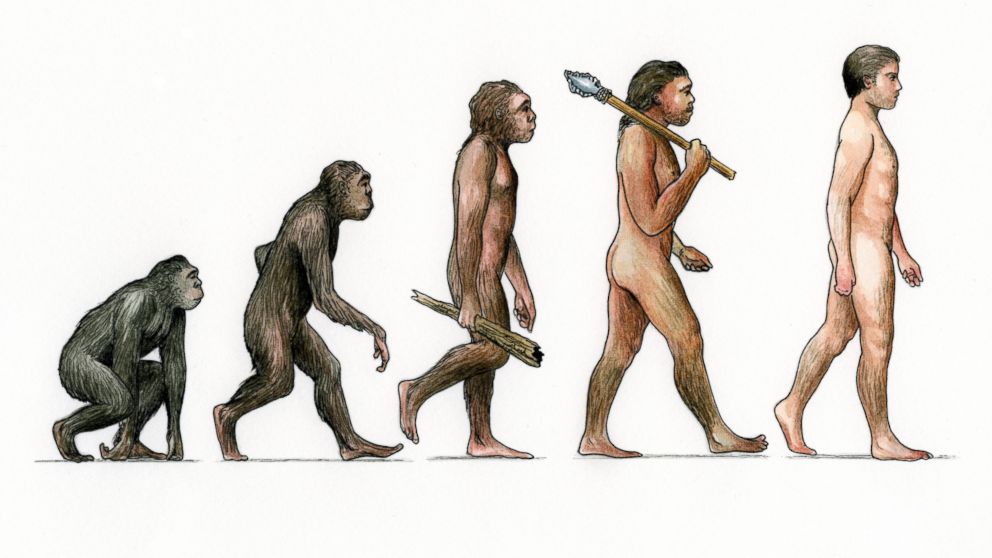Climate Change, Evolution: Here's Why We Disagree
Facts are not the only reason we fight over "truth."

— -- A growing body of evidence suggests that the passionate debate over public issues ranging from climate change to evolution has little to do with the facts. It has more to do with who we are, which tribe we belong to, and what we hope the future holds.
New research from Duke University, for example, concludes that the science of climate change isn't the real issue in that debate. The proposed solutions to that problem -- including bigger government and more regulations -- lead many to conclude that there isn't a real problem. And even if there is, we humans are not to blame.
In other words, people are denying the very existence of climate change because they don't like the solutions, and Duke researchers Troy Campbell and Aaron C. Kay have coined a new phrase for it: solution aversion.
"We think we provide strong evidence for that," Campbell, lead author of a study published in the Journal of Personality and Social Psychology, said in a telephone interview.
"In the United State, Democrats (liberals) tend to agree with the consensus of the scientific community of climate change, and Republicans (conservatives) more often hold the belief that temperatures will not increase and that humankind is not responsible," the study notes, based on three experiments involving a total of 430 persons.
But the conclusion that the proposed solutions, not the actual issue of climate change, is the active force that leads to denial is not likely the only cause, Campbell conceded.
Dan Kahan, professor of law and psychology at Yale University, has authored a number of studies which have found that one critical factor carries a lot of clout when it comes to deciding which side to join in a public debate.
One study, involving more than 1,500 participants and published two years ago in the journal Nature Climate Change, argues that we don't want to lose face with our friends and colleagues, so we choose the side that is favored by other members of our group.
Surprisingly, that research found that learning more about a complex issue like climate change did not always lead to a stronger belief in the importance of the subject. What really mattered was the collective opinion of other members of the group.
"For the ordinary individual, the most consequential effect of his beliefs about climate change is likely to be his relations with his peers," the study concluded.
So not much has changed since we were in grade school. It's not what you know, it's who you know.
"These things have sort of become tribal issues," Campbell said, concurring with Kahan. "You look at this issue and ask, Is my tribe against this issue? And then you go with your tribe."
Various studies have shown that tribal membership, if threatened, can become an enormous barrier to acceptance or even recognition of a problem. That would suggest that if someone is trying to win support for a controversial issue, it's not a good idea to lambast the other person's tribe.
Kahan's work indicates that if you think your ideology is under attack, you probably won't even examine the evidence. That's certainly happening on many fronts today, especially in the debate over evolution.
From a personal perspective, and I do not claim this to be a scientific exercise, I have been writing about science for more years than I care to remember. During all those years, the most vitriolic responses I have received on any subject came from persons who totally reject evolution.






